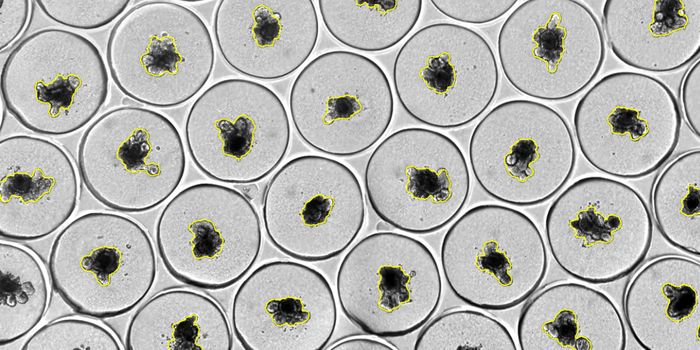Multicancer Screening Could Notably Decrease Late-Stage Cancer Diagnoses
We hear it over and over: early diagnosis saves lives. No one wants to face a cancer diagnosis but suffice it to say that an early-stage diagnosis carries more hope than a late-stage diagnosis. The concept of achieving better cancer outcomes for early detection of malignancy has shaped the field of cancer prevention over the past several decades.
Accompanied by public health campaigns encouraging cancer screening, such as regular mammograms for breast cancer, prostate-specific antigen (PSA) testing for prostate cancer, and colonoscopies for colorectal cancer, we have made strides towards early detection. In parallel to more diagnostic testing, we have seen an increase in cancer diagnoses, including early-onset diseases. This correlation has raised questions about whether the incidence of cancer has truly increased, or if we have just gotten better at diagnosing the earliest stages of malignancy.
Further, while we have developed standards of routine testing for some types of cancer, efficient, feasible, and affordable testing strategies remain limited to just a few cancer types. In response to these clinical limitations, researchers have developed multicancer early detection (MCED) tests, also known as liquid biopsies, which provide a broad screening method for multiple cancers from a biological sample, such as blood or urine. While these tests have reached the commercial market, the true value of their diagnostic scrutiny remains unclear.
To assess the potential impact of MCED tests on the stage shift in cancer diagnoses in the United States. The researchers recently published their findings in the journal Cancer.
The study modeled 14 solid tumor cancers, which combined, account for about 80% of cancer incidence and mortality in the United States. In creating the model, the researchers used annual incidence rates reported in the Surveillance, Epidemiology, and End Results (SEER) database.
The study evaluated the sensitivity of MCED testing in an extensive, multicenter, prospective study, providing ample data for a comprehensive analysis. Using the model, the researchers simulated disease progression over ten years for 5 million adults, aged 50 to 84, finding that supplemental MCED testing led to incremental increases in cancer diagnoses in stage I, II, and III cancers. Specifically, compared to standard-of-care screening, MCED testing increased Stage I diagnoses by 10%, Stage II diagnoses by 20%, and Stage III diagnoses by 34%. Notably, MCED testing decreased the diagnosis of Stage IV cancers by 45%! When looking at specific cancer types, the largest absolute reduction in Stage IV diagnosis occurred in lung, colorectal, and pancreatic cancers.
The study demonstrates the monumental impact that MCED testing could have on reducing late-stage cancer diagnoses. By catching more cancer cases at an earlier, more treatable stage, we could see a significant impact on outcomes and survivorship.
Sources: Cancer, JAMA Intern Med, Am Soc Clin Oncol Educ









